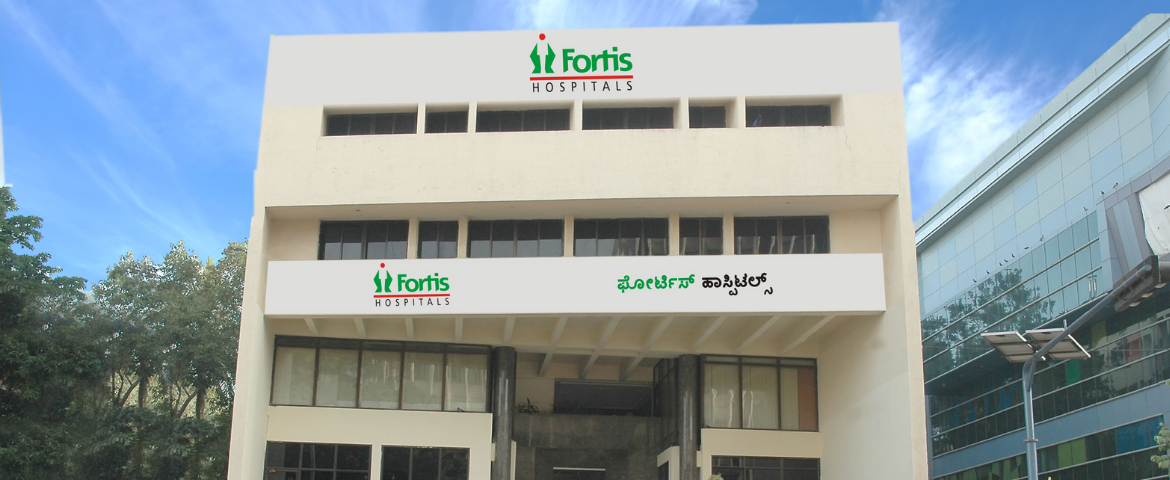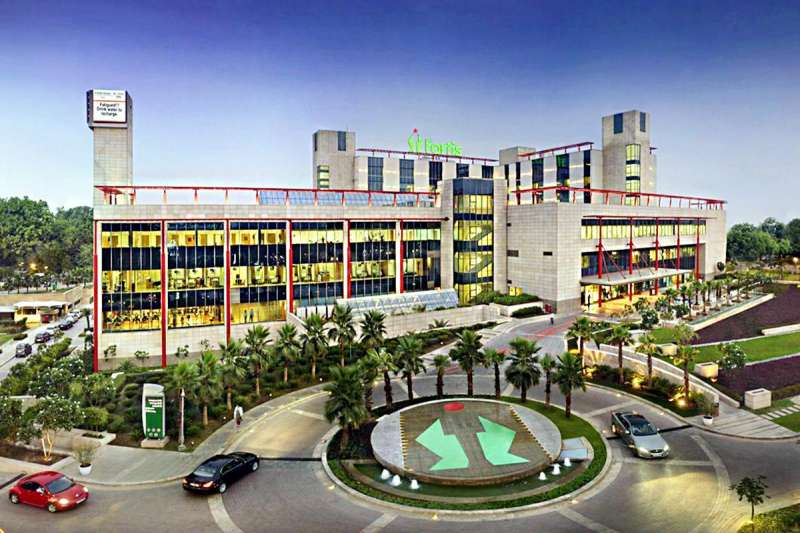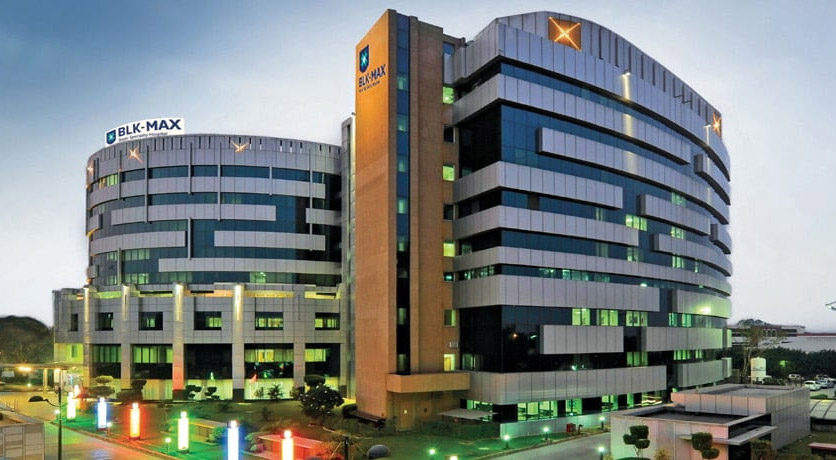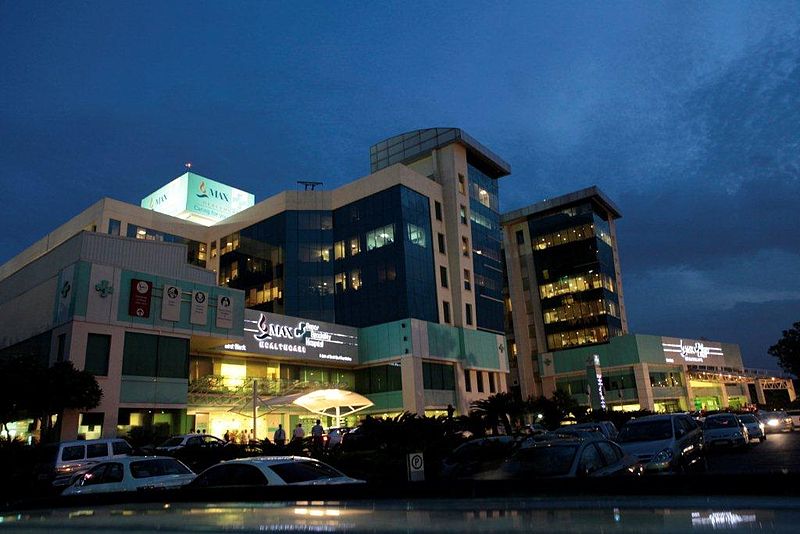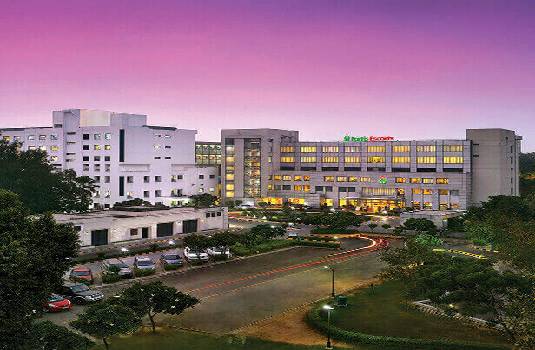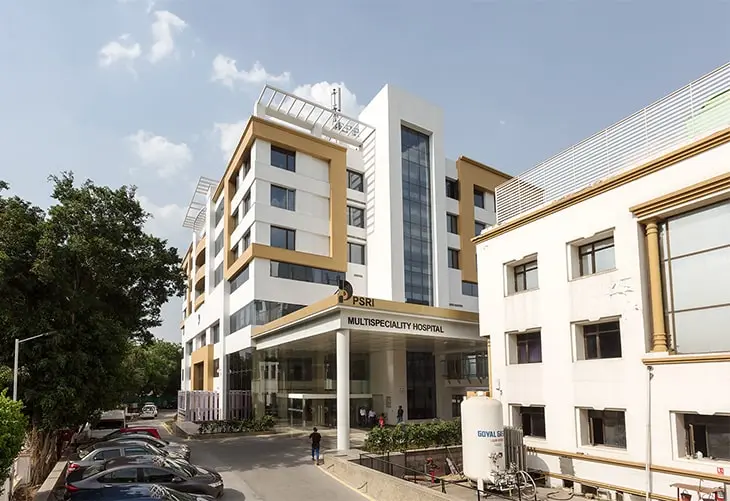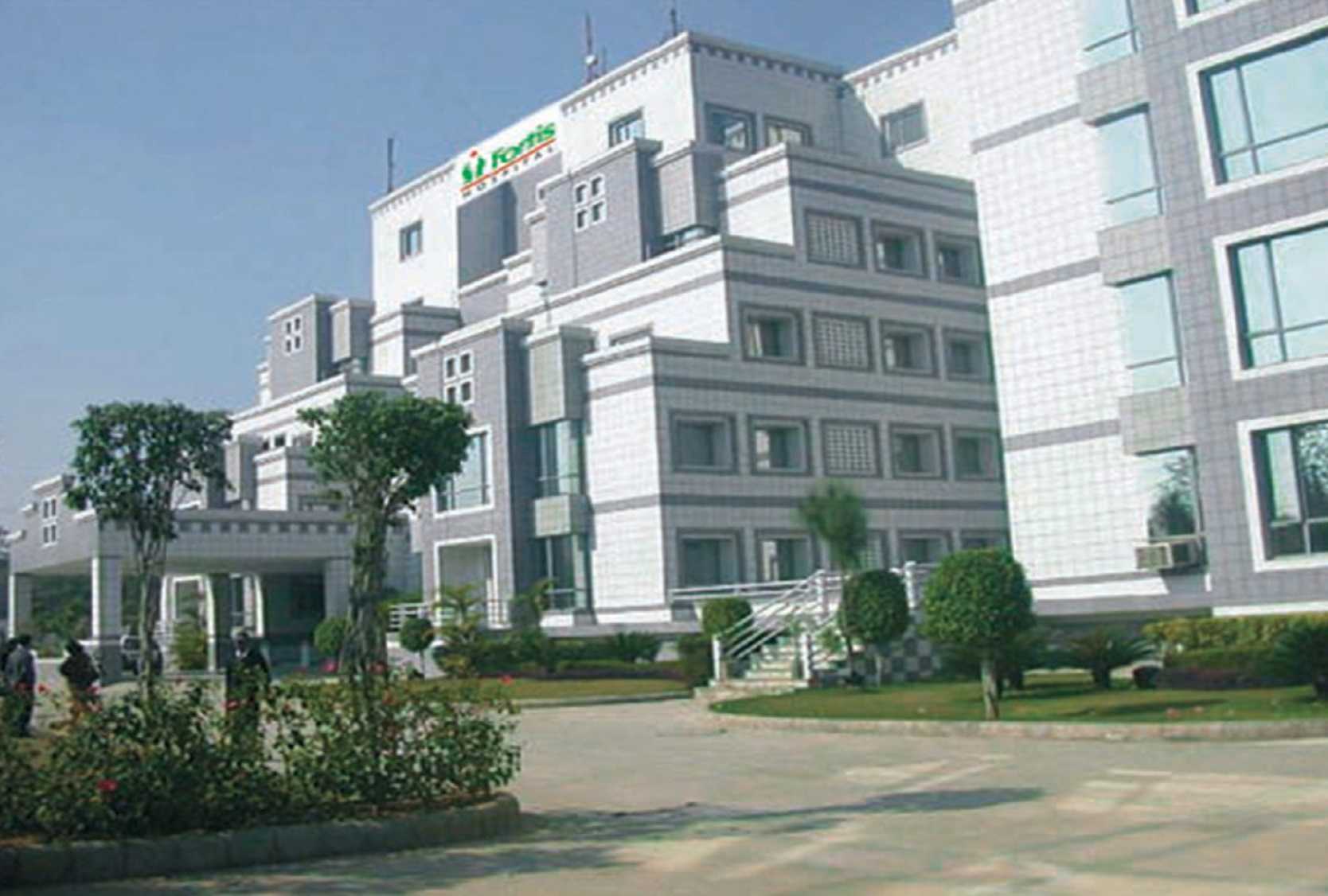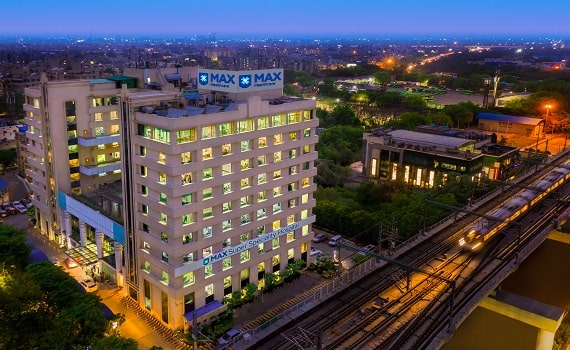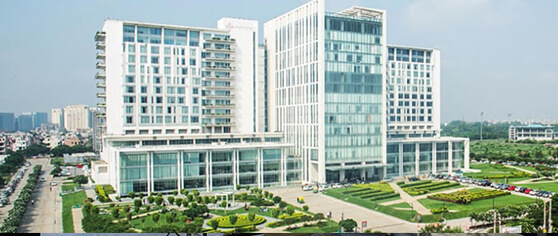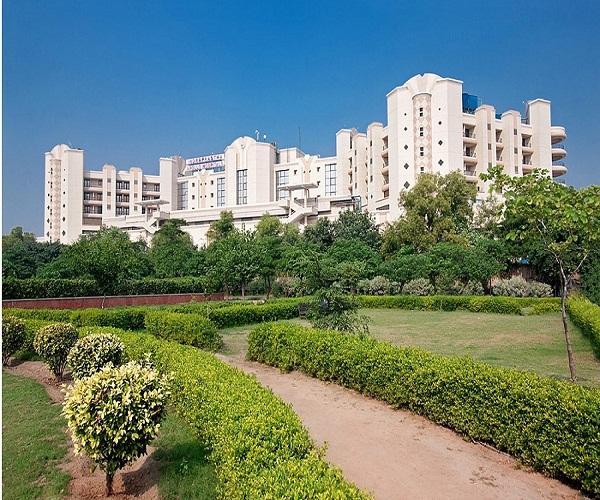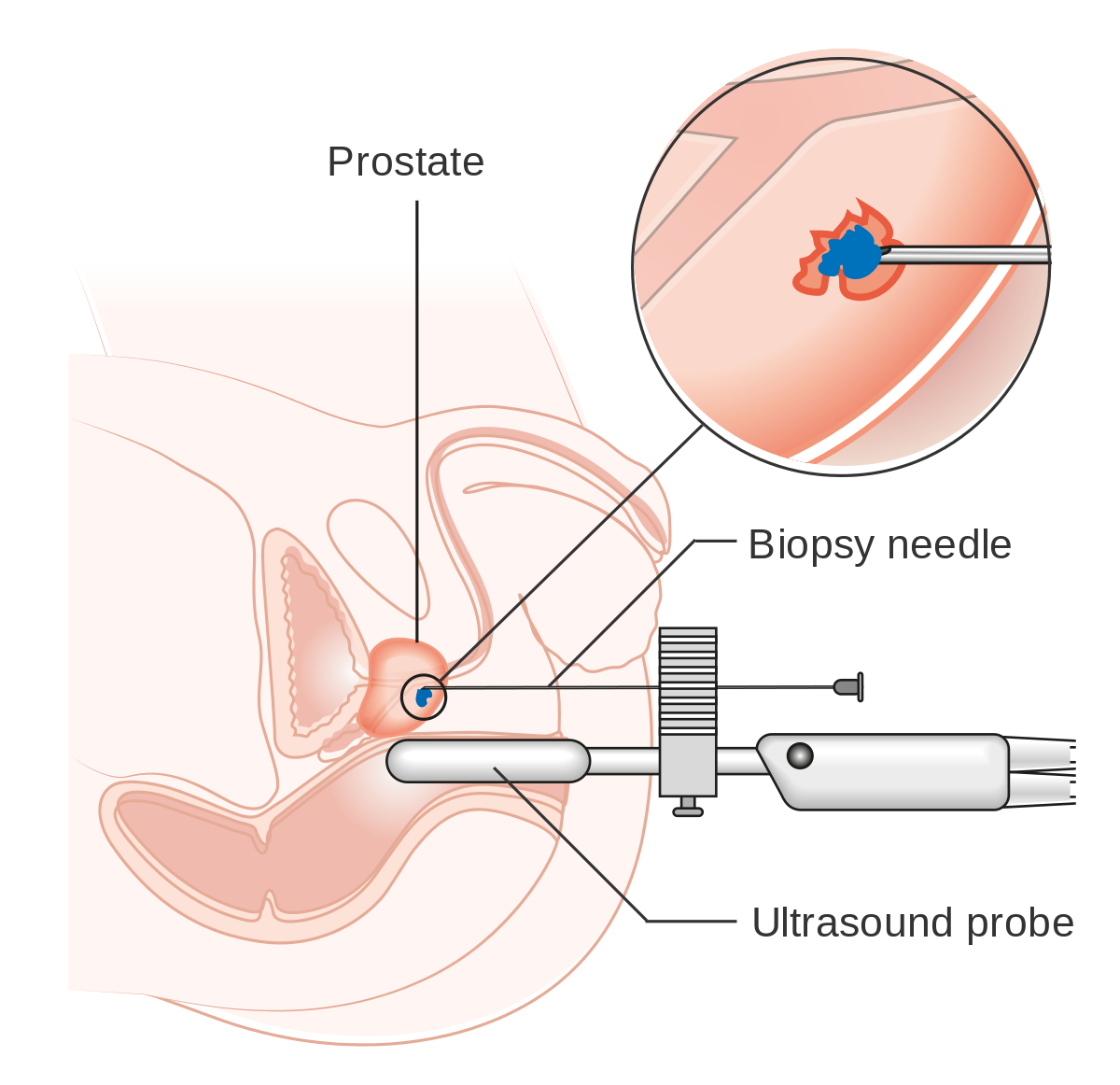Prostate Biopsy cost in India
The cost of Prostate
Biopsy in India ranges from USD 500 to USD 1200
Prostate Biopsy
Prostate biopsy is a process that involves removing tiny hollow needle-core samples from a man's prostate gland in order to check for prostate cancer. It's usually done when a PSA blood test shows a high level of the hormone.
Prostate Biopsy
Prostate biopsy is a process that involves removing tiny hollow needle-core samples from a man's prostate gland in order to check for prostate cancer. It's usually done when a PSA blood test shows a high level of the hormone.
A local or general anaesthesia might be used during the surgery. (A local anaesthetic is a medication that numbs you.) The term "general anaesthetic" refers to the use of medications to put you to sleep throughout the treatment.)
After a prostate biopsy, a patient may need four to six weeks, or possibly longer, to recuperate. The time it takes for a patient to recover after a biopsy is largely determined by their health and age. After a prostate biopsy, doctors may advise only mild activity for the next 24-48 hours.
Disease Overview:
Prostate Cancer
Prostate cancer is a kind of cancer that affects the prostate gland. Males have a tiny walnut-shaped gland called the prostate that generates seminal fluid, which nourishes and transports sperm.
One of the most frequent kinds of cancer is prostate cancer. Many prostate cancers are slow-growing and limited to the prostate gland, where they are unlikely to cause substantial damage. While some varieties of prostate cancer are slow-growing and require little or no therapy, others are aggressive and spread fast.
Early detection of prostate cancer, when it's still restricted to the prostate gland, gives you the best chance of a successful therapy.
Disease Signs and Symptoms:
In the early stages of prostate cancer, there may be no signs or symptoms.
More advanced prostate cancer can generate signs and symptoms such as:
- Urination problems
- Reduced force in the urine stream
- Urine with blood
- Semen with blood
- Bone ache
- Weight loss without effort
- Erectile dysfunction (ED) is a condition that affects men
Disease Causes:
The exact aetiology of prostate cancer is unknown.
Prostate cancer develops when cells in the prostate have mutations in their DNA, according to doctors. The DNA of a cell includes the instructions that tell it what to do. The alterations cause the cells to proliferate and expand at a faster rate than normal ones. When other cells would perish, aberrant cells continue to live.
The aberrant cells clump together to create a tumour, which can spread and invade neighbouring tissue. Some aberrant cells can break away and move to other places of the body over time (metastasize).
Risk Factors
Prostate cancer can be caused by a number of factors, including:
Getting older. As you become older, your chances of developing prostate cancer grow. After the age of 50, it becomes more prevalent.
Race. Black people have a higher risk of prostate cancer than those of other races for unknown reasons. Prostate cancer is also more likely to be aggressive or advanced in Black men.
History of the family. If a blood related has been diagnosed with prostate cancer, such as a parent, brother, or kid, your risk may be enhanced. Additionally, if you have a significant family history of breast cancer or a gene that increases the risk of breast cancer (BRCA1 or BRCA2), your risk of prostate cancer may be increased.
Obesity. Obese persons may have a greater risk of prostate cancer than people who are regarded to be of normal weight, while studies have yielded inconsistent results. Obese persons are more likely to get cancer that is more aggressive and that returns after therapy.
Disease Diagnosis:
Prostate cancer screening
It's debatable whether or not healthy men with no symptoms should be tested for prostate cancer. Whether the advantages of testing exceed the hazards is a point of contention among medical groups.
Most medical organisations advise men in their 50s to talk to their doctors about the benefits and drawbacks of prostate cancer screening. A evaluation of your risk factors and screening choices should be part of the conversation.
If you're a Black man with a family history of prostate cancer or other risk factors, you should start talking about it sooner rather than later.
The following are examples of prostate screening tests:
Rectal examination with a digital camera (DRE). Your doctor uses a gloved, lubricated finger to inspect your prostate, which is next to the rectum, during a DRE. You may require more testing if your doctor notices any anomalies in the texture, shape, or size of your gland.
PSA is a test for prostate-specific antigen. PSA, a chemical generated naturally by your prostate gland, is measured in a blood sample taken from a vein in your arm. It's normal to have a trace quantity of PSA in your blood. A higher-than-normal level, on the other hand, might suggest prostate infection, inflammation, hypertrophy, or malignancy.
Prostate cancer diagnosis
If a problem is discovered during prostate cancer screening, your doctor may offer further testing to evaluate whether you have prostate cancer, such as:
Ultrasound. A tiny probe the size and shape of a cigar is put into your rectum during a transrectal ultrasonography. The probe creates an image of your prostate gland using sound waves.
Magnetic resonance imaging (MRI) is a type of imaging that (MRI). Your doctor may prescribe an MRI scan of the prostate in some cases to get a more thorough view. Your doctor may use MRI scans to assist arrange a treatment to remove prostate tissue samples.
Prostate tissue is being collected. Your doctor may propose a procedure to harvest a sample of cells from your prostate to see whether there are cancer cells present (prostate biopsy). A small needle is introduced into the prostate to collect tissue during a prostate biopsy. In a lab, the tissue sample is examined to see if cancer cells are present.
The following are some of the methods used to determine the cancer's aggressiveness:
Gleason rating The Gleason score is the most frequent measure for determining the grade of prostate cancer cells. Gleason grading is a two-number system that can range from 2 (non-aggressive cancer) to 10 (aggressive cancer), albeit the lower end of the spectrum isn't utilised as often.
The majority of Gleason scores used to evaluate prostate biopsy samples fall between 6 and 10. A score of 6 suggests that the prostate cancer is in its early stages. A score of 7 suggests that the prostate cancer is of medium severity. High-grade malignancies are indicated by scores of 8 to 10.
Genomic analysis. Genomic testing examines your prostate cancer cells to see if there are any gene abnormalities. This test can provide you with more information regarding your prognosis. However, because it's unclear who would profit the most from this data, the tests aren't routinely employed. Although genomic tests aren't required for every individual with prostate cancer, they may give additional information to help with treatment decisions in some cases.
Disease Treatment:
Your prostate cancer treatment options are determined by a number of criteria, including the rate at which your cancer is developing, whether it has spread, and your overall health, as well as the therapy's possible advantages and adverse effects.
It's possible that immediate therapy isn't required.
Low-grade prostate cancer may not require immediate treatment. Some people may never require therapy. Rather, active surveillance is occasionally recommended by doctors.
Regular follow-up blood tests, rectal examinations, and prostate biopsies may be performed during active surveillance to evaluate the course of your cancer. You may choose a prostate cancer therapy such as surgery or radiation if testing reveal your cancer is advancing.
The prostate is removed during surgery.
The prostate gland, some surrounding tissue, and a few lymph nodes are all removed during prostate cancer surgery (radical prostatectomy).
Surgery is a treatment option for prostate cancer that has spread to other parts of the body. It's occasionally used in conjunction with other therapies to treat advanced prostate cancer.
Surgeons may utilise the following procedure to gain access to the prostate:
Several tiny incisions are made in your abdomen. Surgical tools are attached to a mechanical device (robot) and introduced via numerous tiny incisions in your belly during robot-assisted laparoscopic prostatectomy. The surgeon sits at a panel and guides the robot to manipulate the tools with hand controls. This method is used in the majority of prostate cancer procedures.
In your abdomen, make a single long incision. The surgeon makes one lengthy incision in your lower abdomen to reach and remove the prostate gland during retropubic surgery. This is a less usual strategy, although it may be essential in some circumstances.
Radiation therapy
Radiation treatment kills cancer cells by bombarding them with high-powered radiation. Treatments for prostate cancer radiation therapy may include:
Radiation that enters your body from the outside (external beam radiation). You lie on a table while an external beam radiation equipment rotates around your body, directing high-powered energy beams, such as X-rays or protons, to your prostate cancer. External beam radiation treatments are usually given five days a week for several weeks. Some medical institutes provide a radiation treatment course that employs larger doses of radiation spaced out over fewer days.
Radiation that is injected into your body (brachytherapy). Brachytherapy is a treatment that includes injecting radioactive sources into the prostate tissue. The radiation is usually delivered in the form of rice-sized radioactive seeds that are implanted into your prostate tissue. Over a lengthy period of time, the seeds release a tiny dosage of radiation. One treatment option for prostate cancer that hasn't gone beyond the prostate is brachytherapy.
Doctors may suggest both forms of radiation treatment in some cases.
Alternative treatments use cold or heat to kill prostate tissue. Among the possibilities are:
Prostate tissue is frozen. Cryoablation, also known as cryotherapy, is a treatment for prostate cancer that includes freezing the prostate tissue using an extremely cold gas. After allowing the tissue to defrost, the operation is repeated. The cancer cells and some healthy tissue are killed by the freezing and thawing cycles.
Prostate tissue is heated. The high-intensity focused ultrasound (HIFU) therapy heats the prostate tissue and causes it to die by using concentrated ultrasound radiation.
When surgery isn't an option for treating extremely tiny prostate malignancies, several therapies may be explored. They may also be used to treat advanced prostate tumours that have failed to respond to conventional therapies, such as radiation therapy.
Hormone therapy
Hormone therapy is a medication that prevents your body from manufacturing testosterone, the male hormone. Testosterone is required for prostate cancer cells to proliferate. Cancer cells may die or develop more slowly if their testosterone supply is cut off.
Hormone treatment includes the following options:
- Medications that inhibit the production of testosterone in the body. Agonists and antagonists of the luteinizing hormone-releasing hormone (LHRH) or gonadotropin-releasing hormone (GnRH) hinder your body's cells from receiving instructions to generate testosterone. Your testicles quit making testosterone as a result.
- Anti-estrogen drugs prevent testosterone from reaching cancer cells. Anti-androgens are typically used in concert with LHRH agonists. This is due to the fact that LHRH agonists can induce a brief spike in testosterone before testosterone levels drop.
- The testicles are removed during surgery (orchiectomy). Testosterone levels in the body are promptly and drastically reduced after your testicles are removed. Surgery to remove the testicles, unlike medicine, is permanent and irrevocable.
- Hormone treatment is frequently used to reduce and halt the progression of advanced prostate cancer.
- Hormone treatment is occasionally used before radiation therapy to treat prostate cancer that hasn't spread. It aids in the reduction of tumour size and improves the efficiency of radiation therapy.
Chemotherapy
Chemotherapy is a treatment that employs medications to destroy rapidly multiplying cells, such as cancer cells. Chemotherapy can be given by a vein in your arm, as a tablet, or a combination of both.
Prostate cancer that has spread to other parts of the body may benefit from chemotherapy treatment. For malignancies that don't respond to hormone treatment, chemotherapy may be an alternative.
Prostate cancer that has spread to other parts of the body may be treated with chemotherapy. For malignancies that don't react to hormone treatment, chemotherapy may be a viable choice.
Immunotherapy
Immunotherapy is a type of cancer treatment that makes use of your body's own immune system. Because cancer cells create proteins that assist them hide from the immune system cells, your body's disease-fighting immune system may not attack your cancer. Interfering with that process is how immunotherapy works.
Immunotherapy for prostate cancer could include:
To fight cancer, engineer your cells. The Sipuleucel-T (Provenge) treatment takes your own immune cells, genetically engineers them in a lab to fight prostate cancer, and then injects them back into your body through a vein.
Country wise cost comparison for Prostate Biopsy:
| Country | Cost |
|---|---|
| India | $648 |
Treatment and Cost
2
Total Days
In Country
- 1 Day in Hospital
- 2 No. Travelers
- 1 Days Outside Hospital
Treatment cost starts from
$720
Popular Hospital & Clinic
Featured Hospital
9 Hospitals
Types of Prostate Biopsy in Fortis Memorial Research Institute and its associated cost
| Treatment Option | Approximate Cost Range (USD) |
|---|---|
| No Treatment option added | |
- Address: Sector - 44, Opp. HUDA City Center,Gurgaon, Haryana - 122002, India
- Facilities related to Fortis Memorial Research Institute: Private Rooms, Translator, Nursery / Nanny Services, Airport Pick up, Personal Assistance / Concierge, Free Wifi, Local Tourism Options, International Cuisine, Phone in Room, Private Driver / Limousine Services, Post operative followup, Mobility Accessible Rooms, Online Doctor Consultation, Air Ambulance, Religious Facilities, Rehabilitation, Cafe, TV in room, Car Hire, Health Insurance Coordination,
50
DOCTORS IN 35 SPECIALITIES
20+
FACILITIES & AMENITIES
Types of Prostate Biopsy in BLK-Max Super Speciality Hospital and its associated cost
| Treatment Option | Approximate Cost Range (USD) |
|---|---|
| No Treatment option added | |
- Address: Pusa Road, New Delhi-110005
- Facilities related to BLK-Max Super Speciality Hospital: Private Rooms, Translator, Nursery / Nanny Services, Personal Assistance / Concierge, Free Wifi, International Cuisine, Phone in Room, Private Driver / Limousine Services, Post operative follow-up, Mobility Accessible Rooms, Rehabilitation, Cafe, TV in room, Car Hire, Health Insurance Coordination
17
DOCTORS IN 33 SPECIALITIES
20+
FACILITIES & AMENITIES
Types of Prostate Biopsy in Max Super Speciality Hospital and its associated cost
| Treatment Option | Approximate Cost Range (USD) |
|---|---|
| No Treatment option added | |
- Address: Max Super Speciality Hospital No. 1, 2, Press Enclave Road, Mandir Marg, Saket Institutional Area, Saket, New Delhi, Delhi, 110017, India
- Facilities related to Max Super Speciality Hospital:
53
DOCTORS IN 34 SPECIALITIES
20+
FACILITIES & AMENITIES
Types of Prostate Biopsy in Fortis Escorts Heart Institute and its associated cost
| Treatment Option | Approximate Cost Range (USD) |
|---|---|
| No Treatment option added | |
- Address: Okhla Road,New Delhi - 110 025 (INDIA)
- Facilities related to Fortis Escorts Heart Institute: Private Rooms, Translator, Nursery / Nanny Services, Personal Assistance / Concierge, Free Wifi, International Cuisine, Phone in Room, Private Driver / Limousine Services, Post operative follow-up, Mobility Accessible Rooms, Rehabilitation, Cafe, TV in room, Car Hire, Health Insurance Coordination
19
DOCTORS IN 33 SPECIALITIES
20+
FACILITIES & AMENITIES
Types of Prostate Biopsy in PSRI Hospital and its associated cost
| Treatment Option | Approximate Cost Range (USD) |
|---|---|
| No Treatment option added | |
- Address: Press Enclave Marg, J Pocket, Phase II, Sheikh Sarai, New Delhi, Delhi 110017
- Facilities related to PSRI Hospital: Private Rooms, Translator, Nursery / Nanny Services, Personal Assistance / Concierge, Free Wifi, International Cuisine, Phone in Room, Private Driver / Limousine Services, Post operative follow-up, Mobility Accessible Rooms, Rehabilitation, Cafe, TV in room, Car Hire, Health Insurance Coordination
8
DOCTORS IN 33 SPECIALITIES
20+
FACILITIES & AMENITIES
Types of Prostate Biopsy in Fortis Flt. Lt. Rajan Dhall Hospital, Vasant Kunj, Delhi and its associated cost
| Treatment Option | Approximate Cost Range (USD) |
|---|---|
| No Treatment option added | |
- Address: Fortis Flt. Lt. Rajan Dhall Hospital, Aruna Asaf Ali Marg, Pocket 1, Sector B, Vasant Kunj, New Delhi, Delhi 110070
- Facilities related to Fortis Flt. Lt. Rajan Dhall Hospital, Vasant Kunj, Delhi: Private Rooms, Translator, Nursery / Nanny Services, Personal Assistance / Concierge, Free Wifi, International Cuisine, Phone in Room, Private Driver / Limousine Services, Post operative follow-up, Mobility Accessible Rooms, Rehabilitation, Cafe, TV in room, Car Hire, Health Insurance Coordination
46
DOCTORS IN 34 SPECIALITIES
20+
FACILITIES & AMENITIES
Types of Prostate Biopsy in MAX Super Speciality hospital, Patpadganj Delhi and its associated cost
| Treatment Option | Approximate Cost Range (USD) |
|---|---|
| No Treatment option added | |
- Address: 108A, Indraprasth Extension, Patpadganj, New Delhi- 110092, India
- Facilities related to MAX Super Speciality hospital, Patpadganj Delhi: Private Rooms, Translator, Nursery / Nanny Services, Personal Assistance / Concierge, Free Wifi, International Cuisine, Phone in Room, Private Driver / Limousine Services, Post operative follow-up, Mobility Accessible Rooms, Rehabilitation, Cafe, TV in room, Car Hire, Health Insurance Coordination
52
DOCTORS IN 33 SPECIALITIES
20+
FACILITIES & AMENITIES
Types of Prostate Biopsy in Medanta-The Medicity, Gurgaon and its associated cost
| Treatment Option | Approximate Cost Range (USD) |
|---|---|
| No Treatment option added | |
- Address: CH Baktawar Singh Road, Sector 38, Gurugram, Haryana 122001
- Facilities related to Medanta-The Medicity, Gurgaon: TV in room Private rooms, Free Wifi, Phone in Room, Mobility accessible rooms, Family accommodation, Laundry, Welcome Safe in the room, Nursery / Nanny services. Dry cleaning, Personal assistance / Concierge Religious facilities, Fitness Spa and wellness Café, Business Centre, Shop, Dedicated smoking areas, Beauty Salon, Special offer for group stays, Parking available, Health insurance coordination, Medical travel insurance, Foreign currency exchange, ATM, Credit Card, Debit Card, Net banking, Diet on Request, Restaurant, International Cuisine, Treatment Related Medical records transfer, Online doctor consultation, Rehabilitation, Pharmacy, Document legalization, Post operative follow-up, Language Interpreter, Translation services, Transportation, Airport pickup, Local tourism options, Local transportation booking, Visa / Travel office, Car Hire, Private driver / Limousine services, Air ambulance
52
DOCTORS IN 33 SPECIALITIES
20+
FACILITIES & AMENITIES
Types of Prostate Biopsy in Indraprastha Apollo Hospitals, New Delhi and its associated cost
| Treatment Option | Approximate Cost Range (USD) |
|---|---|
| No Treatment option added | |
- Address: Mathura Rd, Jasola Vihar, New Delhi, Delhi 110076
- Facilities related to Indraprastha Apollo Hospitals, New Delhi: Private Rooms, Translator, Nursery / Nanny Services, Personal Assistance / Concierge, Free Wifi, International Cuisine, Phone in Room, Private Driver / Limousine Services, Post operative follow-up, Mobility Accessible Rooms, Rehabilitation, Cafe, TV in room, Car Hire, Health Insurance Coordination
37
DOCTORS IN 33 SPECIALITIES
20+
FACILITIES & AMENITIES

